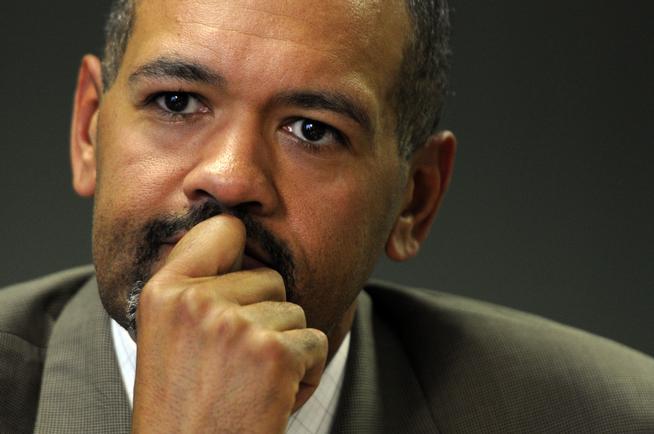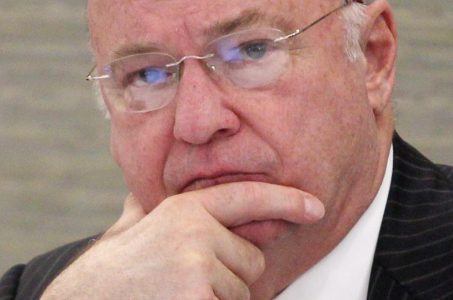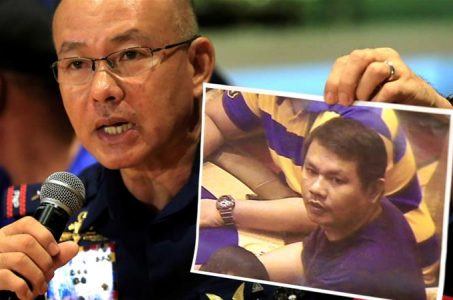Colorado Gambling Addiction Program Audit Shows Only One Gambler Helped in Past Two Years
Posted on: September 2, 2015, 12:01h.
Last updated on: September 2, 2015, 12:05h.

A Colorado gambling addiction program has apparently been gathering dust, based on a recent audit of the system’s actual usage.
Most states that allow for legalized gambling, including Colorado, acknowledge that along with the revenue they raise through gaming, there will also be some issues with addiction.
To that end, programs to minimize those problems and help people who develop problem gambling issues are a big part of any gambling expansion.
But what happens when the programs designed to help compulsive gamblers aren’t actually doing anything at all?
That’s the problem currently being faced in Colorado, where an audit of the state’s gambling addiction program found that hardly anyone has been helped at all by those efforts. The problems were just the latest found by lawmakers who have grown increasingly concerned with troubling issues inside the state’s Department of Human Services.
Numbers Show Little Work Being Done in Program
The numbers involved with the program are striking. While more than 9,000 people called a national gambling addiction hotline looking for help from Colorado last year, not one person in the state was actually assisted by a corresponding state program designed to counsel problem gamblers.
Furthermore, only five counselors obtained national accreditation in gambling addiction over the past two years in Colorado. That’s out of 23 counselors who received money from the state to obtain that certification.
“Something is wrong with the program,” former State Senator Jeanne Nicholson (D-Black Hawk), who requested the audit, told the Denver Post. “The purpose was to help people who had gaming addictions that were associated with us legalizing gaming in Colorado. And I don’t think we are accomplishing that.”
This is not the story of a program that is wasting the state’s coffers: the program, funded by a mixture of taxes, fees, and fines from casinos in the state, has a budget of only about $100,000 per year. However, the way in which that money was being utilized has raised plenty of eyebrows.
Most Money Spent on Marketing, Administration
About 83 percent of all funds allocated to the program in the 2015 fiscal year have been for administrative and marketing expenses, as well as payments to the contractor who was hired to run the program. It’s yet another blight on the record of Department of Human Services Executive Director Reggie Bicha, who has been under increasing scrutiny from lawmakers this year.
“I am beyond disappointed in the results of this particular audit,” Bicha said to lawmakers. “And extraordinarily discouraged by the work of our Office of Behavioral Health in implementing this program.”
Colorado’s gaming revenues have remained relatively flat in recent years, with the state’s casinos bringing in $745.9 million in 2014. That was virtually the same as the year prior, though taxes collected by the state increased by 2.5 percent to $106 million thanks to gains at larger casinos.
But that revenue comes at a cost, says State Representative Dianne Primavera (D-Broomfield), one that the state needs to take seriously.
“Gambling addiction is one of the worst addictions you can have because it leads to crime and job loss and people’s houses going into foreclosure and domestic violence and drinking and other kinds of addictions,” she said. “This isn’t the kind of addiction that we should brush aside.”
The audit into Colorado’s problem gambling services found numerous problems dating back years. In 2011, the state began paying the University of Denver about $65,000 a year in order to let psychology students offer counseling services, which was not in compliance with state law. And while those students counseled 116 people over the course of three years, only one person has received help through accredited counselors in 2014 and 2015 combined.
Related News Articles
Penn National Eschewing Asia to Avoid US Regulatory Scrutiny
Massachusetts Gaming Chair Faces Pressure to Resign
Most Popular
FTC: Casino Resort Fees Must Be Included in Upfront Hotel Rates
Genovese Capo Sentenced for Illegal Gambling on Long Island
NBA Referees Expose Sports Betting Abuse Following Steve Kerr Meltdown
UPDATE: Former Resorts World & MGM Grand Prez Loses Gaming License
Most Commented
-
UPDATE: Whiskey Pete’s Casino Near Las Vegas Closes
— December 20, 2024 — 31 Comments -
Caesars Virginia in Danville Now Accepting Hotel Room Reservations
— November 27, 2024 — 9 Comments -
UPDATE: Former Resorts World & MGM Grand Prez Loses Gaming License
— December 19, 2024 — 8 Comments -
NBA Referees Expose Sports Betting Abuse Following Steve Kerr Meltdown
— December 13, 2024 — 7 Comments
















No comments yet